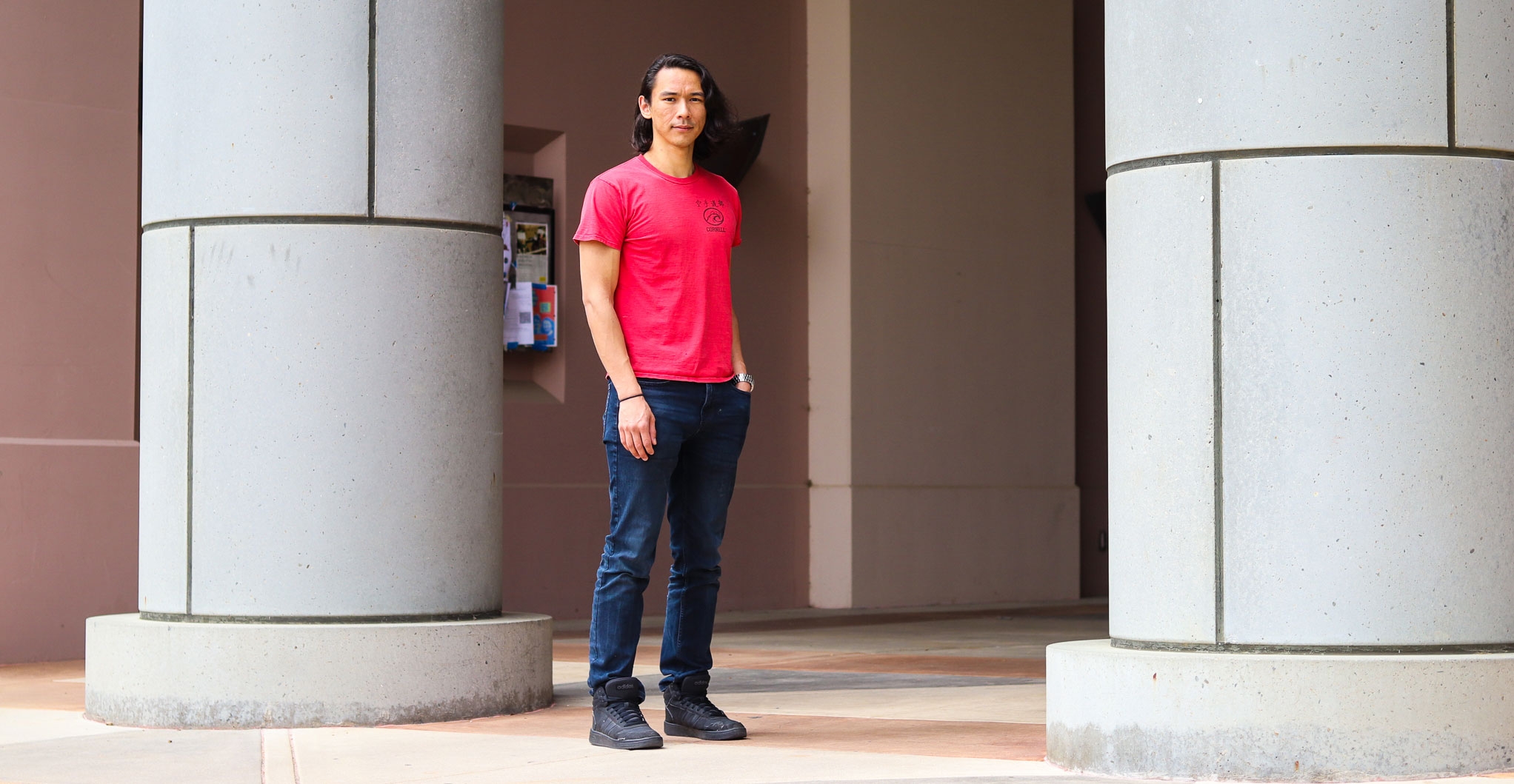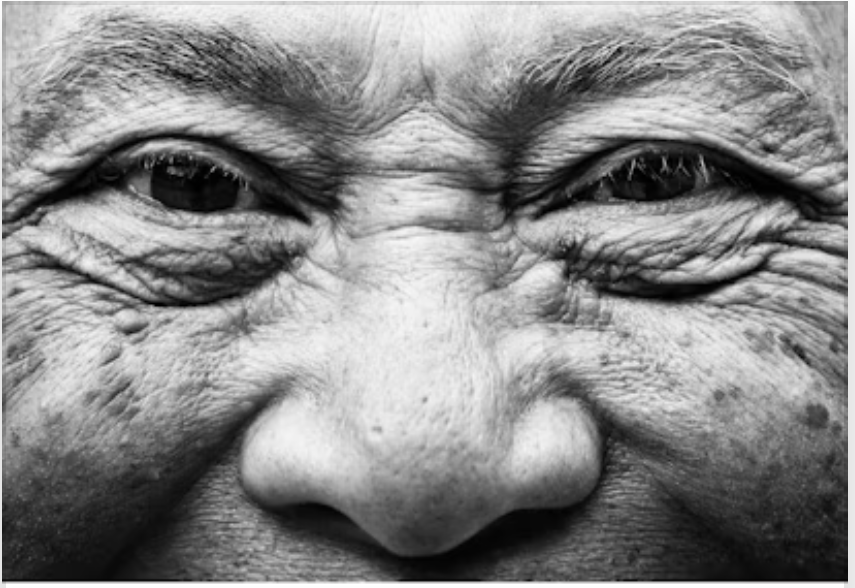
The voices that have endured from the Classical period describe what life was like in ancient Rome for their authors, who were literate and educated elites. But what about everyone else? One way to learn about life outside the privileged classes is to examine how people engaged with laws and politics, particularly voting. Finding the evidence however, might take you on a journey.
“The late Roman Republic (say, 133 BC–44 BC) is our best documented period of Mediterranean antiquity, in large part because we have so much literature written by contemporaries reflecting on the troubled and confusing events of their own time,” said Chris Erdman, a doctoral student in classics at UC Santa Barbara.
“But I come from an economically disadvantaged, immigrant, multi-ethnic background, and I’ve always wanted to know how people from the many different economic and cultural backgrounds that made up the empire understood, experienced and interacted with the political events of their time.”
A recipient of the American Academy in Rome’s Rome Prize, Erdman will spend next year as a research fellow on the academy’s 11-acre campus on the Janiculum Hill in Rome. The prize includes a stipend, room and board, a workspace and “the gift of time and space to think and work.”
Erdman’s research focuses on the participatory and interactive nature of Roman politics, particularly recovering the voices and political agency of the Roman world’s “ordinary citizens.” The fellowship will allow Erdman to study in-person bronze tablets, political inscriptions and other elements of the Republic embedded in the city’s ancient urban landscape.
“The evidence is difficult and needs to be interpreted indirectly, since ordinary voting citizens have not left us their own descriptions,” said classics Professor Robert Morstein-Marx, Erdman’s dissertation advisor. “Much of the evidence for Chris’s project comes from ancient Roman laws inscribed in Latin on bronze tablets, which are quite difficult to decode and generally inaccessible in Italian museums without special permission.”
Morstein-Marx said there has been a lot of argument about whether Rome’s ancient Republic had a recognizably democratic character or was in fact a barely disguised oligarchy. Erdman’s research looks at voting culture: how citizens viewed the significance of that central participatory act, what their preexisting values and conceptions of it were, and how they realized these in the voting assemblies. His dissertation challenges the traditional view, proposing that Roman lawmaking was a fundamentally participatory process in which citizens played an active role.
“Modern Rome is, of course, a very different place than it was in the year 67 BC,” Erdman added, “but as anyone who’s ever spent time there knows, there’s a timeless romanticism to the Eternal City, and it’s a special place that almost demands reflection and imagination.”
Debra Herrick
Associate Editorial Director
(805) 893-5446
debraherrick@ucsb.edu



